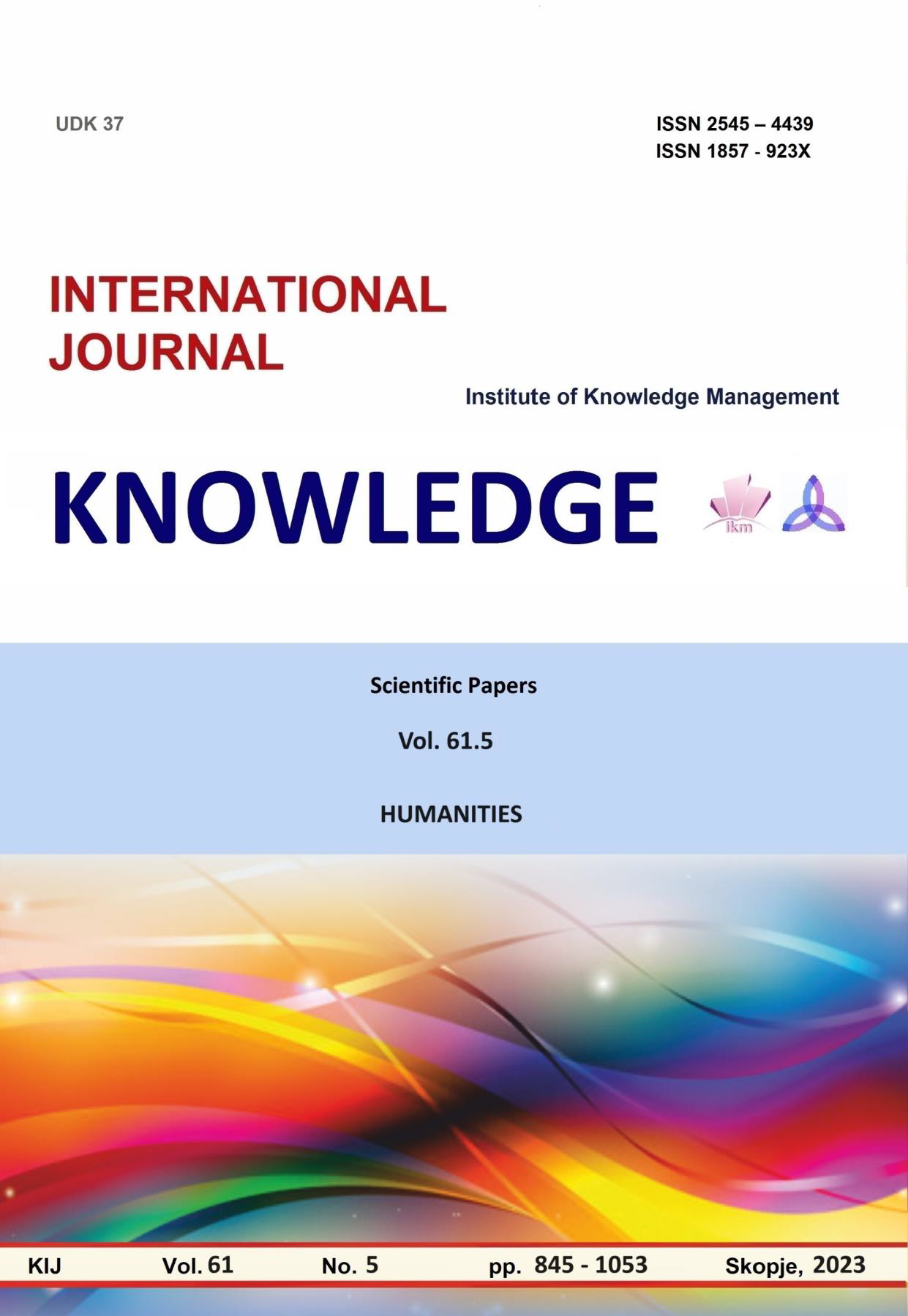TEACHING EAP TO STUDENTS OF HEALTHCARE BACHELOR’S DEGREES: THE CASE OF ACADEMIC WRITING
TEACHING EAP TO STUDENTS OF HEALTHCARE BACHELOR’S DEGREES: THE CASE OF ACADEMIC WRITING
Author(s): Maria SaykovaSubject(s): Language and Literature Studies, Applied Linguistics, Stylistics
Published by: Scientific Institute of Management and Knowledge
Keywords: EAP;healthcare;undergraduates;writing
Summary/Abstract: Аcademic writing is a specific type of non-fiction used by scholars within an academic context. Notwithstanding the different types of academic writing genre forms, the major characteristics of academic writing are generally the same as they include a well-defined, recognizable structure in the IMRD (Introduction, Methods, Results and Discussion) format. An essential feature of this type of writing is a formal register free from colloquialisms. In terms of its factual perspective, academic writing is typically centered on its objective, which is often experimental evidence, entailing a clear focus on the research question under study. Profound knowledge of the research article structure, language, and intrinsic features may be conducive to a successful career in the fields of medicine and healthcare. The current paper attempts to investigate writing for academic purposes genre via an analysis of an elective course for bachelor students of healthcare professions in their third and final year of study. Held in 2021/2022 academic year, it was the first of its kind at the Medical College at the Medical University in Plovdiv. The undergraduate students who chose to participate in this course were from the specialties of assistant-pharmacist, dietitian, dental technician, rehabilitator, medical laboratory technician and radiographer. They all shared the same background in EAP, studying it in their first year at college. The academic writing elective course was centered, although not exclusively, on learning to write medical research articles (MRA). The course syllabus encompassed issues such as structure and organisation of MRA, rhetorical moves, usage of language and more specifically knowledge of formal register, hedging strategies, proper word order, editing and revision techniques, publication process. The study tried to gauge students’ expectations and performances at base and at end of course. For that purpose, two five-point Likert-type of questionnaires were conducted. The first one tested the students’ awareness of the main tenets of MRA writing, while the second aimed at ascertaining the level of course success rate. The study also conducted an initial assessment test and an analysis of the students’ performances, as they were required to write an article as their final assignment. The results from the initial diagnostic test showed that all enlisted students were eligible for the course, as there was no one scoring below seventy percent on the test. The course may be considered a success, judging only by its statistics. To delve deeper than that, it must be said that most students were only satisfactorily efficient in terms of the preset criteria. The study shows that the course did seem informative as well as skill-worthy, as the students made a significant progress in the difficult field of scientific writing.
Journal: Knowledge - International Journal
- Issue Year: 61/2023
- Issue No: 5
- Page Range: 1031-1034
- Page Count: 4
- Language: English

